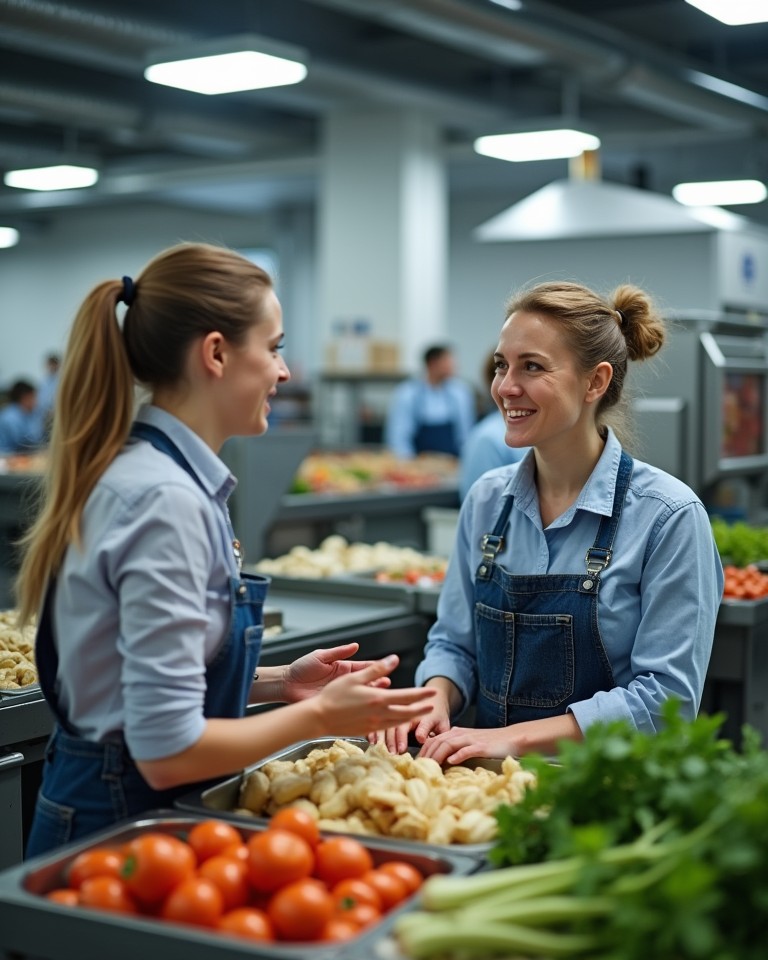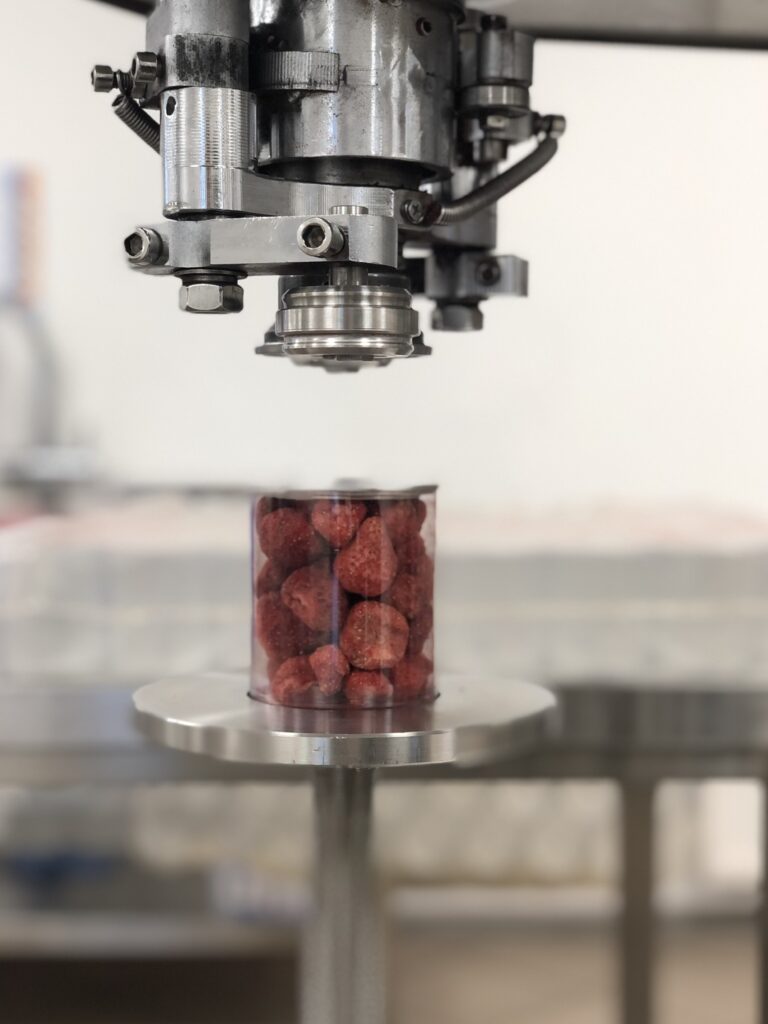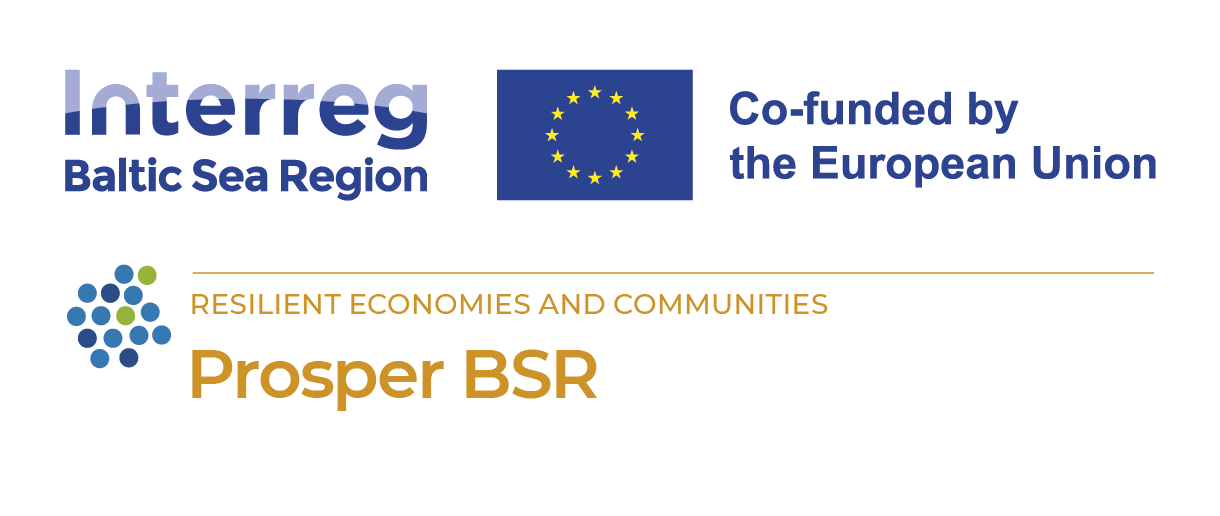Afterwards, Supergarden employed a few more Ukrainians in the factory, with whom it had no previous working or personal relationship. They settled in Panevėžys and began to look for work. “Although their specialty was not in packaging, we took the time to train them,” Kaziukonienė says. “Some of them took temporary jobs, and one woman plans to put down her roots in Lithuania and continue working for Supergarden. Her child attends a school in Panevėžys, and she supports her family.” As for foreigners, a student from Greece has been currently doing an internship at the company, having come through the Erasmus international student exchange program.

Overcoming the Language Barrier
For example, a manager, who came from Ukraine, worked at the company as an export manager for Russian-speaking markets. Supergarden’s sales department consists of younger people, the majority of whom do not speak Russian. Nevertheless, one Ukrainian woman had already learnt a number of Lithuanian words over the course of a year, the words directly related to her job, product names, etc. Kaziukonienė observes that those who do not know Russian communicate with the help of the google translate, while the sales manager, who has not yet mastered Russian, has been improving his skills, as the Ukrainian employee does not speak English at all.
The situation is less complicated in Supergarden’s manufacturing sector, where older staff members speak Russian.
Adaptability Is Critical
This is especially true in recent times, when everything has been constantly changing, i.e. pandemics and war. Kaziukonienė thinks that employing foreigners in this current geopolitical situation is very useful because it broadens one’s thinking. “For one, it teaches you that Russian can be seen not as an aggressor but as another foreign language that you don’t carry around on your shoulders,” the CEO notes. “Also, working with Ukrainians nurtures one’s empathy. It is one thing to see war refugees on the TV and quite another to see that refugee in person every day, to see how they cry when they receive messages from their relatives who have remained in Ukraine.” Kaziukonienė is convinced that such situations teach us to be more sensitive to surroundings and at the same time to realize how important it is to adapt quickly to new circumstances.

Not Just Charity
Supergarden’s CEO points out that social responsibility is not a charity given occasionally and driven by the desire to appear good. From Kaziukonienė’s point of view, social responsibility is a reciprocal trade-off. “We help the children by providing them with the activities and by giving financial support, and the children help us by doing the packaging. It is the same with the Ukrainians: We have given them all the moral and material support we can and they repay us with sincere and quality work,” the CEO says. The company is not just giving but also getting back. In this way, social responsibility becomes a very well-oiled mechanism that builds long-term relationships.

